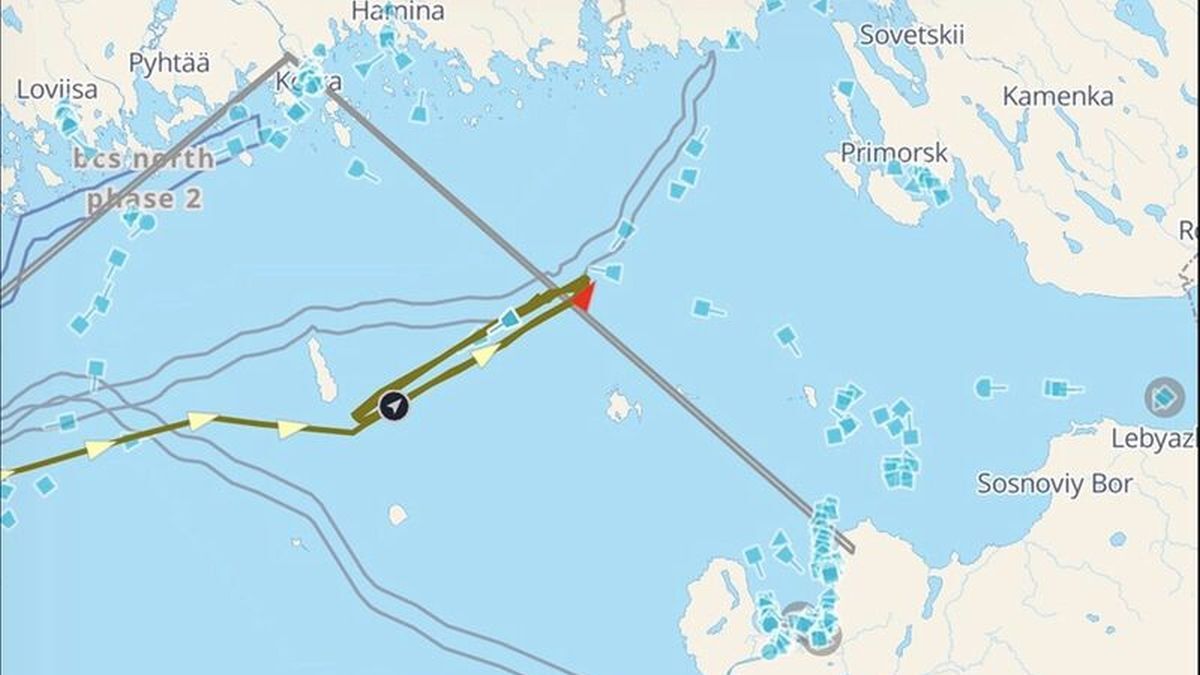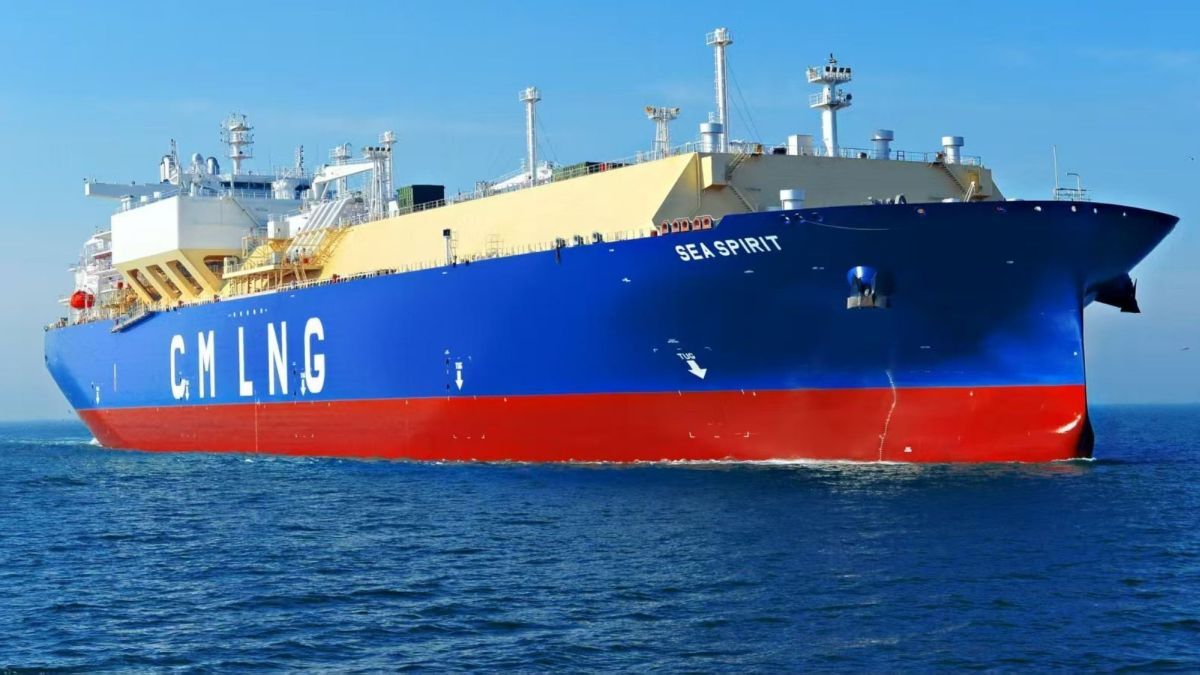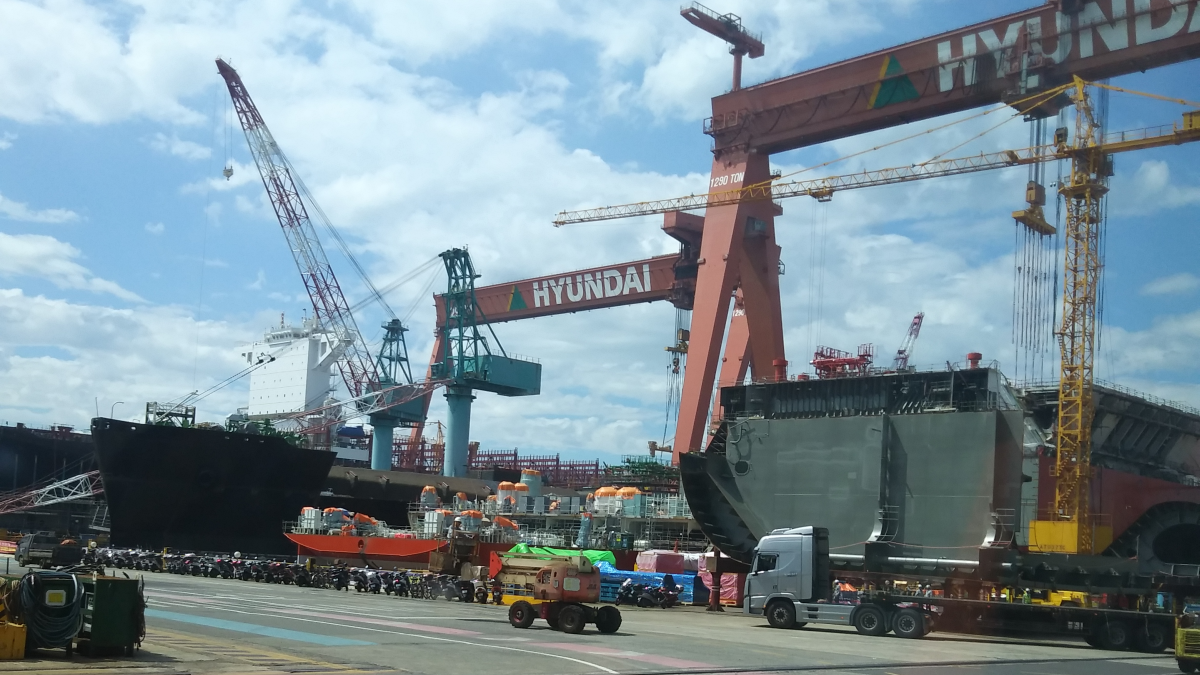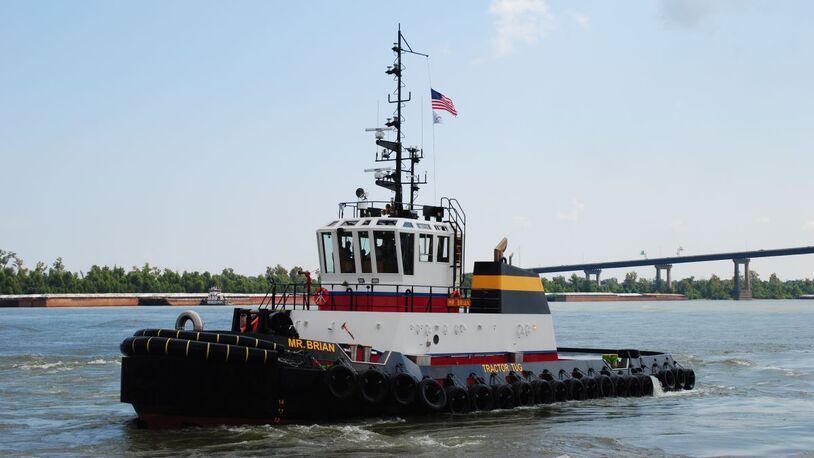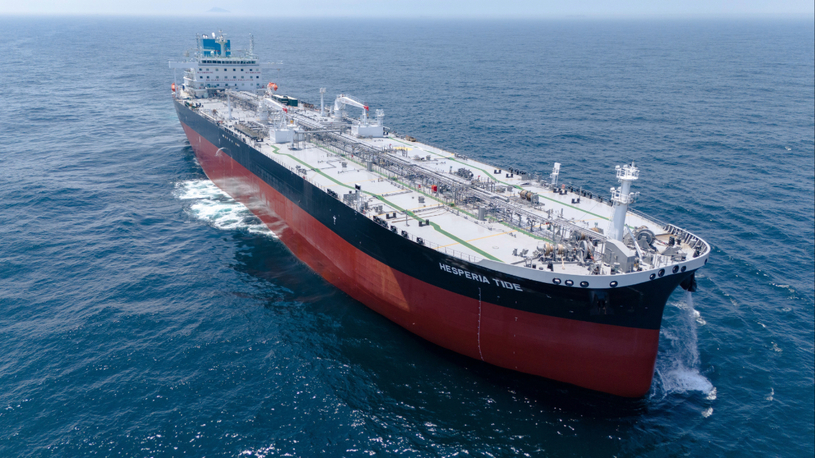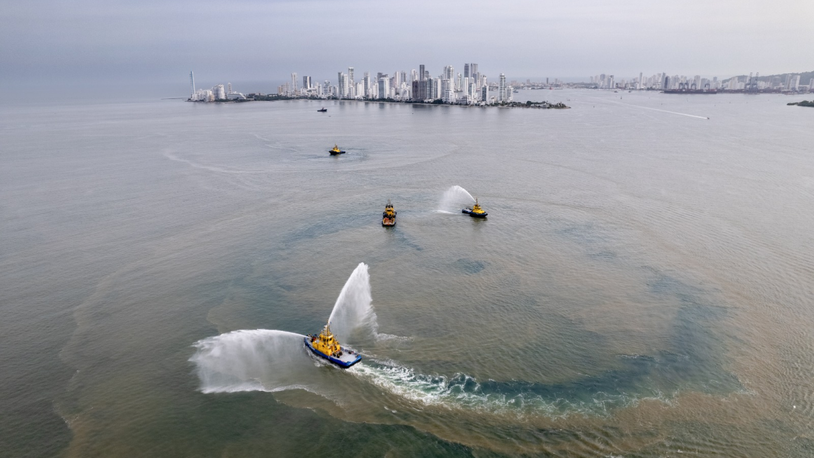Business Sectors
Events
Contents
Register to read more articles.
Poseidon Principles: more bank portfolios aligned with GHG goals
In the latest Poseidon Principles Annual Disclosure Report 2021, the number of ship finance banks whose portfolios were aligned with the associations’ goals increased from eight in 2019 to 11 (out of 23 portfolios) in 2020
The Poseidon Principles is the world’s first sector-specific, self-governing climate alignment agreement among financial institutions and now has 29 signatories, covering over 50% of global ship finance.
In the Poseidon Principles Annual Disclosure Report 2021, covering 2020, 11 out of 23 ship finance portfolios were aligned with the IMO’s decarbonisation target. In the 2020 report, covering 2019, only three (20%) of the then 15 reporting signatories were aligned with this goal.
The second Poseidon Principles Annual Disclosure Report 2021 reflected the signatories’ leadership in climate finance and determination to decarbonise global shipping, even in the face of short-term challenges in certain parts of the sector.
Citi chairman, global shipping, logistics and offshore, and chair of the Poseidon Principles Association Michael Parker said, “I am very encouraged by the strides we have made as we continue with our goal of transparent reporting of our shipping portfolios. Covid-19 has presented challenges for shipping that have distorted some signatories’ alignment scores.”
He added, “We note the clear call at COP26 and at IMO to raise IMO’s ambition for zero emissions and the signatories will focus on this ambition early next year as we consider the continuing evolution of the Poseidon Principles and the example we are setting for other industries,” he said.
Eight of the 23 signatories reported for the first time this year.
The assessment by each signatory included emissions data collected from borrowers and portfolio information at the end of 2020, compared to a decarbonisation trajectory for the same year. Three signatories who joined in 2021 have voluntarily disclosed their results, which was not required of them until the next report.
There are currently 29 signatories of the Poseidon Principles and the methodology was updated to reflect the IMO 4th GHG Study and the decarbonisation trajectories creating differences from the previous year.
However, the framework and assessment still brought important insights to signatories and continues to inform their decision-making.
Société Générale global head of shipping and offshore, and vice chair of the Poseidon Principles Association, Paul Taylor commented, “The overall score for the signatories to the Poseidon Principles was strongly influenced both by the updated methodology and the consequences of the Covid-19 pandemic. However, misalignment in some cases does not mean no progress made collectively. As a group, we are increasing transparency and having more discussions about tangible next steps for the signatories and their clients.”
Covid-19’s impact on international shipping meant drastic changes in operation for some segments, mainly cruise and passenger vessels, leading to increased carbon intensity.
This was reflected in distorted climate alignment scores of some reporting banks with high exposure to the segment, but is not expected to be a long-term change for the decarbonisation of shipping.
ING managing director and global head of shipping, and treasurer of the Poseidon Principles Association, Stephen Fewster said, “It is important to take the unprecedented years 2020 and 2021 into consideration. For some of us, this brought a positive change to our ship finance portfolio while for others, it increased emissions and the overall score we report. However, we do not believe these events will alter the long-term ambition of the Poseidon Principles to encourage and help the industry to decarbonise.”
The Poseidon Principles Association signatories numbers is set to expand with the anticipated participation of OCBC Bank, the first Singaporean signatory, joining and disclosing their climate alignment in December 2021.
Sign up now for the free Ballast Water Webinar Week 18-20 January 2022
Related to this Story
Events
Offshore Support Journal Conference, Americas 2025
LNG Shipping & Terminals Conference 2025
Vessel Optimisation Webinar Week
© 2024 Riviera Maritime Media Ltd.




